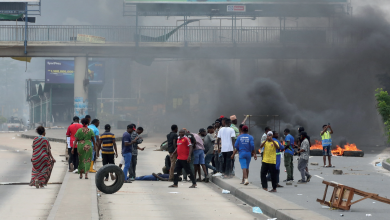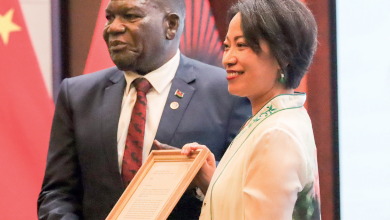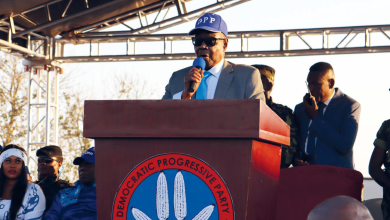Report highlights post-election challenges
Economists have highlighted post-election challenges for winner of the September 16 General Election, stating that there will not be a single easy solution to deal with the socio-economic challenges facing the country.
Instead, the blog titled ‘Malawi can end hunger after the 2025 elections if bold steps are taken to transform food systems’ said progress will require a series of well-sequenced, difficult and comprehensive reforms.

Co-authored by University of Malawi associate professor of economics Gowokani Chijere Chirwa and International Food Policy Research Institute (Ifpri) researchers Joachim De Weerdt, Jan Duchoslav, Joseph Nagoli and Lara Cockx, the report said there is need for urgent action and tha2t the stakes for Malawi are high.
But the authors further cautioned that without reform, shortages of essential items will persist while poverty will deepen and malnutrition will scar the health and potential of future generations.
Reads the report: “From our research into Malawi’s food systems, we identify four forces holding the country back: a severe and protracted macroeconomic crisis; volatile and unpredictable agricultural markets;
“A reliance on subsistence farming that no longer meets the country’s food security needs; farm sizes that are shrinking and too few jobs outside agriculture.”
The authors proposed that the ‘new’ government would need to first acknowledge that the kinds of disruptions Malawi has faced in recent years are likely to become more frequent and more severe, as climate change intensifies and the global political order grows more unstable.
They also suggested that Malawi needs to boost exports by unifying its multiple exchange rates at a level where the supply of dollars from exports meet the demand for imports.
It also calls for making agricultural markets predictable and spending smarter on agriculture, observing that despite subsidies only 17 percent of farmers produce enough maize to feed their households even with good rains while millions require food assistance.
In a recent analysis, established that despite investing over K300 billion in agricultural production in the 2024/25 farming season, including several other billions of kwacha in the past 15 years, the country’s situation remains unchanged, with each year registering huge deficits.
Agriculture economist Steven Kayira suggested shifting focus from inputs to productivity systems by investing more in soil fertility restoration, extension services, research and seed systems, not just fertiliser.
The blog published yesterday, is part of The Conversation Africa and is funded by the National Research Foundation, eight universities, including Cape Peninsula University of Technology, Rhodes University, Stellenbosch University and the universities of Cape Town, Johannesburg, Kwa-Zulu Natal, Pretoria and South Africa.





